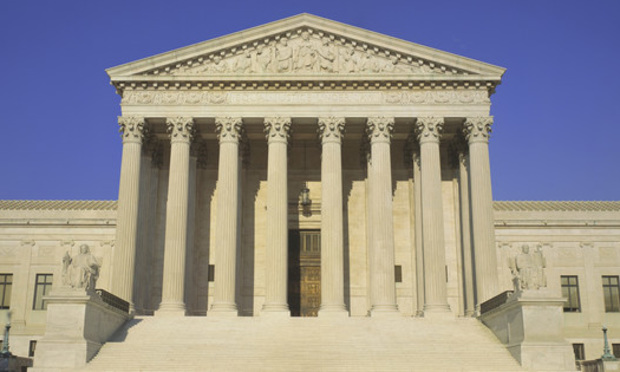Justice Clarence Thomas, in his most recent concurring opinion, again raises the issue of whether “substantive due process” should be used in creating constitutionally protected “rights.” In that case the U.S. Supreme Court ruled that Tyson Timbs could not be forced by the state of Indiana to forfeit his $40,000 Land Rover when he was arrested for selling $400 worth of heroin.
Justices Thomas and Neil Gorsuch concurred in the result, but only because they believed that our citizens always had the “right” to be protected against “excessive punishment,” and therefore there was textual support in the Constitution for that protection. However, Thomas goes on to express the view, as he has in the past, that constitutional rights should not be created without textual support found in the Constitution. This view of “originalism” holds that judges should interpret the law as written in accordance with the meaning and understanding of the founders at the time the words were written. Originalists would hold that it is not the function of the Supreme Court, or any other court, to protect “rights” that had not been protected at the time of the adoption of the Constitution. The Constitution, according to the originalists, should be “strictly construed.”


 U.S. Supreme Court in Washington, D.C. Photo Credit: Diego M. Radzinschi/ALM
U.S. Supreme Court in Washington, D.C. Photo Credit: Diego M. Radzinschi/ALM



